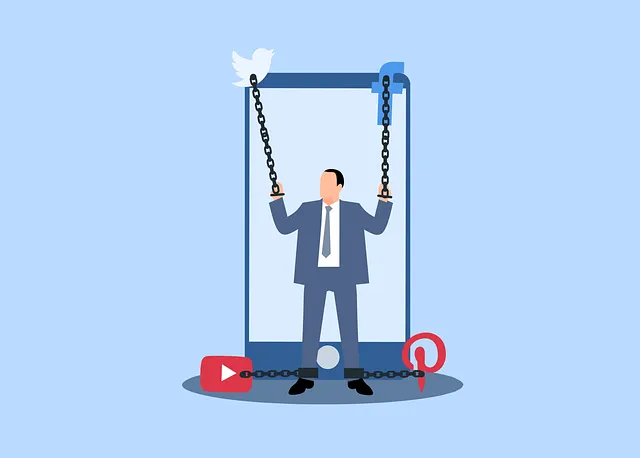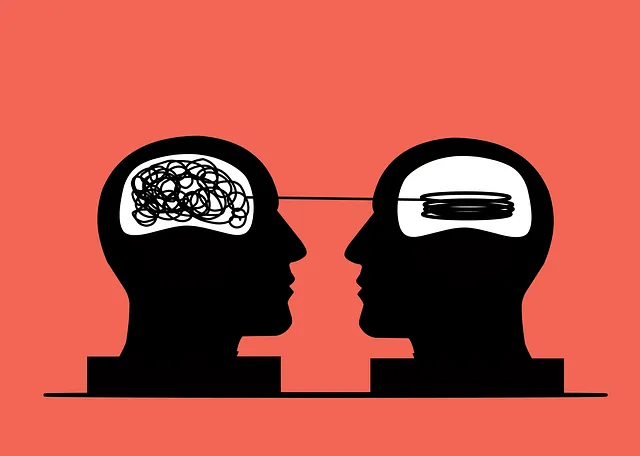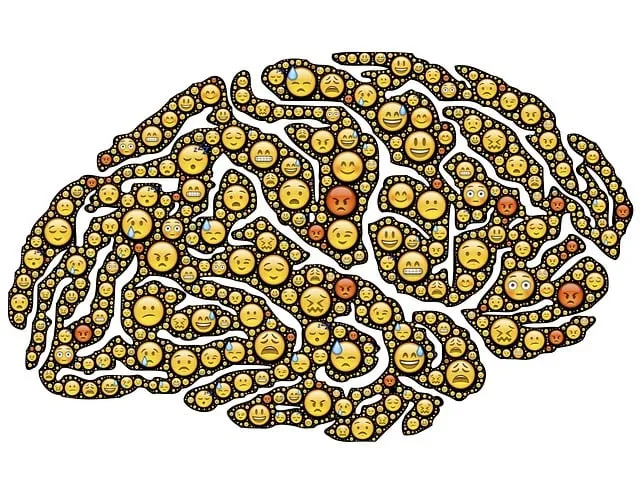The Longmont Kaiser Permanente mental health center prioritizes holistic patient care through its Social Skills Training (SST) program, targeting anxiety and depression. SST combines evidence-based techniques from the Community Outreach Program with role-playing and group discussions to teach effective communication and coping strategies. By integrating self-care practices, SST empowers individuals to manage their mental health daily. Group therapy sessions foster community support, challenge stigma, and normalize conversations about mental wellness, contributing to improved recovery outcomes. The center's community-focused approach is further amplified by its mental wellness podcast series.
Social Skills Training (SST) plays a pivotal role in enhancing mental well-being, especially at Longmont Kaiser Permanente mental health center. This article delves into SST’s significance as a supportive tool for individuals navigating anxiety, depression, and other conditions. We explore specific techniques tailored to these challenges and highlight the transformative power of group therapy sessions within the Longmont Kaiser Permanente community. Understanding SST’s role in mental health support can foster more comprehensive and effective care.
- Understanding Social Skills Training: Its Role in Mental Health Support at Longmont Kaiser Permanente
- Targeting Common Challenges: Specific Techniques for Conditions Such as Anxiety and Depression
- Building a Community: Group Therapy Sessions and Their Impact on Recovery Journey
Understanding Social Skills Training: Its Role in Mental Health Support at Longmont Kaiser Permanente

At Longmont Kaiser Permanente mental health center, Social Skills Training (SST) plays a pivotal role in holistic patient care. SST is an evidence-based program designed to help individuals navigate and improve their social interactions, which can significantly impact those living with various mental health conditions like anxiety and depression. By integrating this training into their services, Longmont Kaiser Permanente recognizes the importance of fostering a supportive environment that encourages healthy relationships and effective communication.
This approach extends beyond traditional therapy sessions, focusing on practical skills to enhance social connections. The program’s implementation includes components from the Community Outreach Program, tailoring activities to meet diverse patient needs. Through role-playing scenarios and group discussions, patients learn coping strategies for triggering situations, fostering a sense of belonging and reducing anxiety in social settings. Additionally, self-care practices are integrated into SST, empowering individuals to manage their mental health effectively within their daily lives.
Targeting Common Challenges: Specific Techniques for Conditions Such as Anxiety and Depression

At the Longmont Kaiser Permanente mental health center, professionals recognize that improving social skills is a key component in managing and overcoming conditions like anxiety and depression. These disorders often present challenges in interpersonal interactions, leading to feelings of isolation and further exacerbating symptoms. Targeting these specific issues with tailored techniques is an effective approach to recovery.
Self-Awareness Exercises play a pivotal role in helping individuals recognize their emotional triggers and patterns of behavior. Through mindfulness practices and reflective journaling, patients gain insights into their responses during social situations, fostering a deeper understanding of themselves. Additionally, the Community Outreach Program Implementation offers opportunities for structured interactions, allowing individuals to practice new skills in supportive environments. Coping Skills Development is another critical aspect, teaching strategies to manage anxiety and depression symptoms, thereby enhancing overall confidence in social settings.
Building a Community: Group Therapy Sessions and Their Impact on Recovery Journey

Building a community within the framework of group therapy sessions can significantly impact an individual’s recovery journey, as facilitated by institutions like the Longmont Kaiser Permanente mental health center. These sessions provide a safe and supportive environment where individuals with shared experiences can connect, fostering a sense of belonging and understanding. Through open discussions, members learn from one another, gaining valuable insights into managing their mental health conditions.
Group therapy also serves as a powerful tool for reducing the stigma associated with mental illness. By sharing stories and strategies in a group setting, participants challenge societal perceptions and normalize conversations around mental wellness. Additionally, these sessions can lead to the development of self-care routines, as individuals learn from each other’s practices, ultimately contributing to improved mental health outcomes. The Longmont Kaiser Permanente mental health center, through its community-focused approach, not only facilitates recovery but also empowers individuals to take control of their mental wellness, including the production of a mental wellness podcast series designed to amplify these conversations.
Social skills training plays a pivotal role in the holistic approach to mental health support at Longmont Kaiser Permanente. By targeting common challenges faced by individuals with anxiety, depression, and other conditions, this training equips patients with effective communication and interaction strategies. Group therapy sessions further enrich the recovery journey by fostering a sense of community and shared understanding. Embracing these techniques empowers individuals to navigate social situations with greater confidence and resilience, contributing significantly to their overall well-being at Longmont Kaiser Permanente mental health center.



